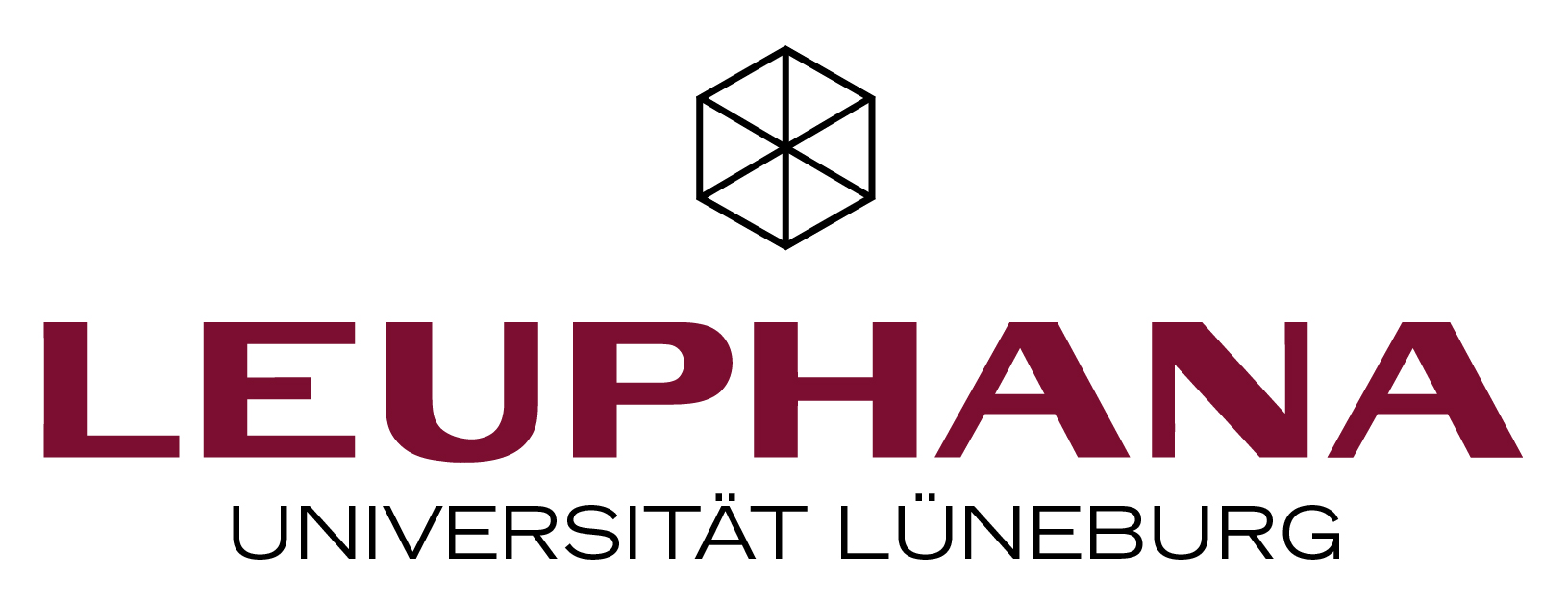Please use this identifier to cite or link to this item:
https://doi.org/10.48548/pubdata-668
Full metadata record
| Field | Value |
|---|---|
| Resource type | Dissertation |
| Title(s) | Fairtrade: Going Beyond Certificates |
| Subtitle(s) | Empirical Nuance of Drivers and Barriers to Transform the Global Coffee Sector |
| Alternative title(s) | Fairtrade: Mehr als nur Zertifikate. Empirische Nuancen der Triebkräfte und Hemmnisse zur Umgestaltung des globalen Kaffeesektors |
| DOI | 10.48548/pubdata-668 |
| Handle | 20.500.14123/705 |
| Creator | Rathgens, Julius  0000-0001-9639-5788 0000-0001-9639-5788  1264585853 1264585853 |
| Referee | Wehrden, Henrik von  0000-0003-2087-5552 0000-0003-2087-5552  142263834 142263834Fischer, Daniel  0000-0001-5691-0087 0000-0001-5691-0087  1126649686 1126649686Barth, Matthias  0000-0002-5590-3667 0000-0002-5590-3667  133208273 133208273 |
| Advisor | Wehrden, Henrik von  0000-0003-2087-5552 0000-0003-2087-5552  142263834 142263834 |
| Abstract | The global coffee market is connected to many sustainability issues like the persisting poverty of coffee farmers, and degrading ecosystems. Many interventions, from state-led regulation to industry-led certification processes, exist, that try to change global value chains to shift societies back on more sustainable trajectories. To this date, it is still under debate if these interventions are an effective means to change global value chains. With climate change and persisting issues of social justice as strong accelerators, calls are increasingly made for a radical transformation of global production and consumption patterns. Many frameworks try to inform research and real-world policies for a transformation of global value chains. In this dissertation, the author uses the framework of the practical, political and personal sphere proposed by O'Brien and Sygna (2013) highlighting that the interactions between these three spheres bare the greatest potential for a transformation towards sustainability. However, in this dissertation, the author argues that it is exactly at the nexus between the three spheres of transformation where barriers towards a fundamental shift of systems occur. He, therefore, uses three perspectives to bring empirical nuance to the problems that arise on the interplay between the different spheres of transformation. (1) The scientific perspective: using a systematic review of alternative trade arrangements; (2) the producer perspective: facilitating a participatory network analysis of social-ecological challenges of Ugandan coffee farmers and their adaptive management practices; (3) the consumer perspective: through the use of a German consumer survey and a structural equation model to investigate into the Knowledge-Doing-Gap end-consumers are facing. Through the results from the scientific perspective, the author is able to show that most of the research is investigating the certified market and that the effectiveness of labels rarely exceeding the practical sphere. His empirical research on the producer perspective highlights that Ugandan coffee farmers facilitate a variety of on-farm crop management (practical sphere) but their support structures rarely exceed informal exchange with neighboring communities (political sphere). Exchange with governmental actors and global traders is happening but has been assessed as not sufficient to cope with the social-ecological challenges the producers are facing. Through the results of the consumer perspective, the author is able to highlight that even though end-consumers have pro-sustainable attitudes (personal sphere) they are facing situational constraints (political sphere) that create a gap between their attitudes and the respective behavior. Using these empirical insights about drivers and barriers for a transformation he proposes that frameworks, aiming to inform research and policies, need to include two aspects: (1) the notion of a forced transformation; and (2) the translational capacity of the frameworks to create meaningful interdisciplinary discourses in different contexts. The author, therefore, propose two approaches:(1) a fourth sphere, called the "planetary force" to include the notion of a forced transformation that is already happening in different contexts, highlighted by the producer perspective in this dissertation; and (2) the consequent use of methods that create interdisciplinary exchange and rigorous testing. |
| Language | English |
| Date of defense | 2021-11-30 |
| Year of publication in PubData | 2022 |
| Publishing type | First publication |
| Date issued | 2022-04-04 |
| Creation context | Research |
| Faculty / department | Fakultät Nachhaltigkeit / Institut für Ökologie (IE) |
| Alternative Idenfier(s) | urn:nbn:de:gbv:luen4-opus4-12150 |
| Notes | Das Rahmenpapier der kumulativen Dissertation enthält drei Beiträge. |
| Date of Availability | 2024-05-30T13:42:04Z |
| Archiving Facility | Medien- und Informationszentrum (Leuphana Universität Lüneburg |
| Granting Institution | Leuphana Universität Lüneburg |
| Published by | Medien- und Informationszentrum, Leuphana Universität Lüneburg |
Related Resources
Files in This Item:
| File | Size | Format | |
|---|---|---|---|
Framework_final_Rathgens.pdf License: Nutzung nach Urheberrecht open-access | 3.29 MB | Adobe PDF | View/Open |
Items in PubData are protected by copyright, with all rights reserved, unless otherwise indicated.
Views
Item Export Bar
Access statistics
Page view(s): 186
Download(s): 90

 BibTeX
BibTeX
 RIS
RIS
 Datacite XML
Datacite XML
 OpenAIRE4
OpenAIRE4